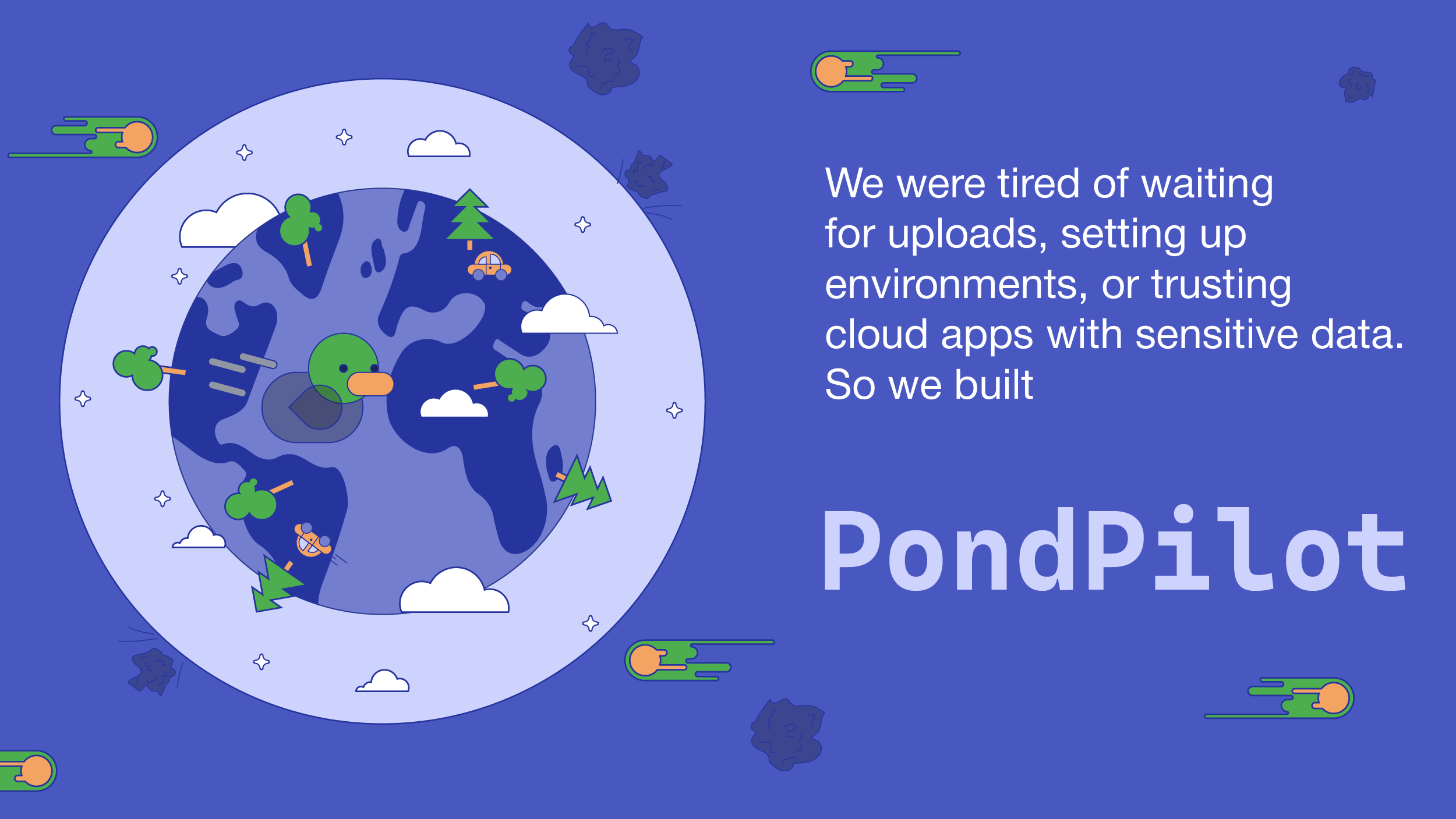“The future is already here — it’s just locally executed.”
A Coffee‑Shop Supercomputer
On a spring afternoon in 2018 I ran a 300‑million‑row aggregation on a dual‑socket server and declared it fast when it finished in seven minutes. Today the entry‑level MacBook Air I’m writing this on—priced barely above a decent smartphone—crushes the same job in half the time on a single core. Moore’s Law may be limping, but single‑thread performance now shipped to consumers would have sounded like science fiction just five years ago.
If our laptops have become miniature supercomputers, why do we still treat the browser as a thin client that must ship data to someone else’s cluster before the real work begins?
DuckDB: The Pocket Data Warehouse
Enter DuckDB—a vectorized, column‑oriented SQL engine born to devour analytic workloads on a single machine. DuckDB speaks full SQL (including window functions, joins, even ML extensions), yet its binary fits in your pocket. It was already famous in Python notebooks; then its maintainers compiled the engine to WebAssembly (WASM) and everything changed: suddenly the same database that benchmarks against Snowflake could live inside Chrome, Firefox, or Safari.
WASM Grows Up
WASM 1.0 shipped back in 2017. Since then the ecosystem has matured from a clever demo platform to a production‑grade runtime backed by every major browser vendor. Streaming compilation, shared memory, SIMD instructions, and—critically—native access to the new File System Access API turn the browser into a serious compute host.
In other words: the hardware is ready, the engine is ready, the sandbox is ready.
What Existing Tools Get Wrong
A handful of in‑browser SQL toys exist, but most of them make two critical sacrificies:
- They copy your data. Twice! Moving a 5 GB Parquet file first into browser cache, which eats your disk space and makes it impossible to react to changes to the files. And then read the entire file into JS buffers, which is slow and immediately collides with the 4 GB WASM memory limit.
- They assume the cloud is close. Uploading “just a sample” of sensitive data is a non‑starter for healthcare, finance, or any developer sitting on a slow café Wi‑Fi.
The net result: great intentions, frustrating reality.
PondPilot: Zero‑Copy Local Analytics
PondPilot takes a different route:
- Direct file handles, no duplication. We open CSV, Parquet, XLSX, and DuckDB files in place using the File System Access API. Reads stream directly into DuckDB’s buffer manager—no JS detour, no hidden uploads.
- Merge multi‑gigabyte sources. Need to join a 12 GB clickstream with a 9 GB product catalog? Point PondPilot at both files and watch them mingle under 400 MB of RAM.
- State that persists. Tabs, attached folders, and temporary tables survive reloads so your “aha!” moment isn’t lost when you nudge the trackpad.
CLI Power, GUI Flow
Terminal tools (including the DuckDB shell itself) are laser‑sharp for developers. But hand a blinking prompt to a marketing analyst and you’ll see eyes glaze over. PondPilot wraps the engine in an IDE‑like interface: autocomplete, keyboard shortcuts, instant result preview, and one‑click exports. Power users keep their SQL; newcomers get onboarding, not onboarding fatigue.
The Vision: Democratize Data Superpowers
We believe analysis should happen where the data already lives—whether that’s a folder on a designer’s laptop or an S3 bucket in a regulated region. A truly local SQL sandbox unlocks three superpowers:
- Privacy by default. Nothing leaves the machine unless you decide.
- Latency you can feel. Round‑trips measured in nanoseconds, not TCP packets.
- Portability everywhere a browser runs. macOS, Windows, Linux, even a Chromebook in airplane mode.
Try It Now
Open this demo query and watch the result materialize before the fan spins up. That’s the future we want to share—one where every knowledge worker carries a data warehouse in their backpack.
Have thoughts, bug reports, or dueling benchmarks? Join the flock on GitHub. We’re excited to see what you’ll build when SQL becomes a first‑class local citizen again.

